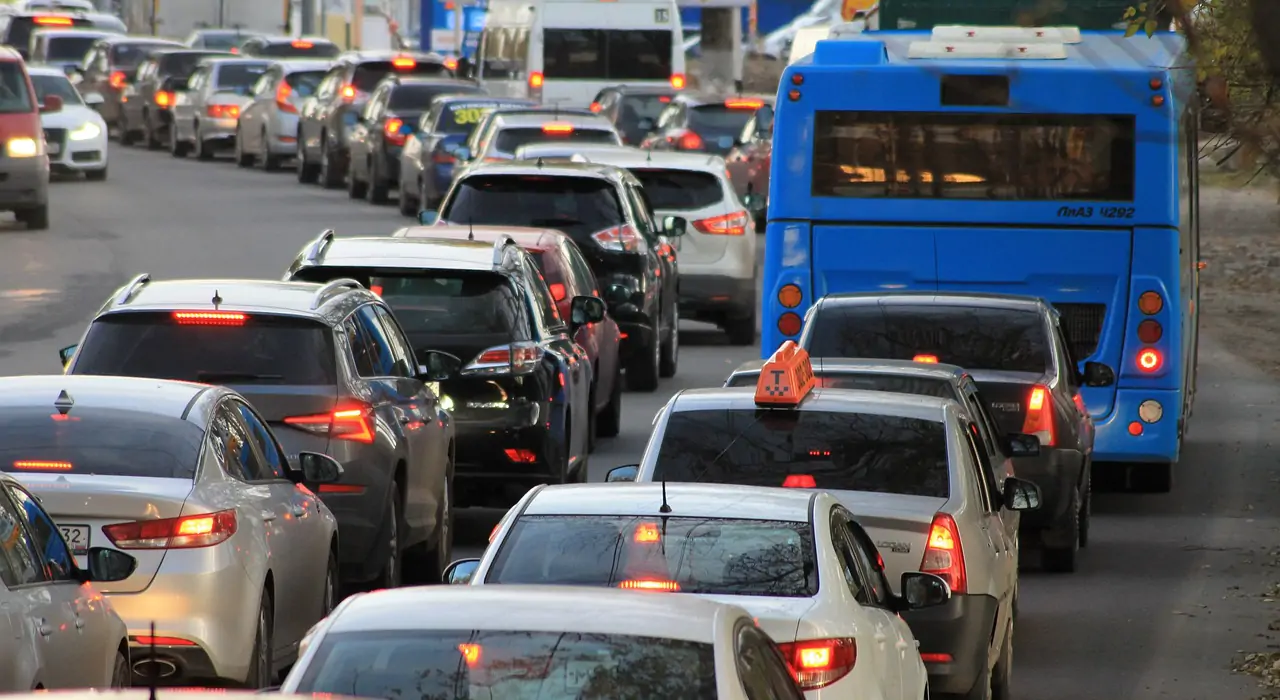Writing Task
In some countries, governments impose usage taxes on car owners to reduce traffic congestion in city centers during peak hours.
Do you think this development is positive or negative?
Task Analysis
This task is basically an agree/disagree or advantages/disadvantages type of essay. Even though taxing car usage during peak hours has resulted in a lot of debate worldwide, the overall results have shown more benefits than downsides, especially when we look at successful examples in some cities. So, our position leans towards the positive side, while still acknowledging a few drawbacks—it’s a pretty manageable angle to discuss.
For the structure, we’ll keep it simple and clear. The first body paragraph will focus on the positive effects of this policy, while the second body paragraph will address its downsides. We’ll clearly state our position both in the introduction and conclusion to make the argument consistent and easy to follow.
Writing Sample
Taxing car usage during rush hours is taken by some nations to deal with traffic jams. While some people believe it is an effective solution, others argue it creates more problems than benefits. Overall, I believe that it is a positive step if implemented carefully.
On the positive side, usage taxes can effectively reduce traffic congestion. When people are charged additional cost for driving during busy hours, many will consider alternatives such as public transportation, carpooling, or rescheduling their travel times. This shift can significantly reduce the number of vehicles on the road and optimize traffic situation. Cities like London and Singapore have successfully put congestion charges into practice, leading to smoother traffic and shorter commute times. Moreover, the tax revenue can be reinvested into improving public transportation infrastructure, creating a more reliable system for everyone.
This policy, however, also has its drawbacks. For some people, especially those without flexible work hours or access to efficient public transport, paying extra taxes becomes an unavoidable financial burden. This can create frustration and even widen the gap between different social groups. Furthermore, simply taxing drivers does not touch deeper urban planning issues, such as poor road infrastructure or insufficient public transport coverage. If these fundamental problems are not resolved, congestion charges might only act as a temporary fix rather than a long-term solution.
In a short, though taxing car usage during peak hours has its limitations, it remains an effective way to tackle traffic congestion when bundled with other improvements in public transportation and urban planning. If implemented fairly and thoughtfully, this measure can lead to long-lasting benefits for both cities and their residents.
